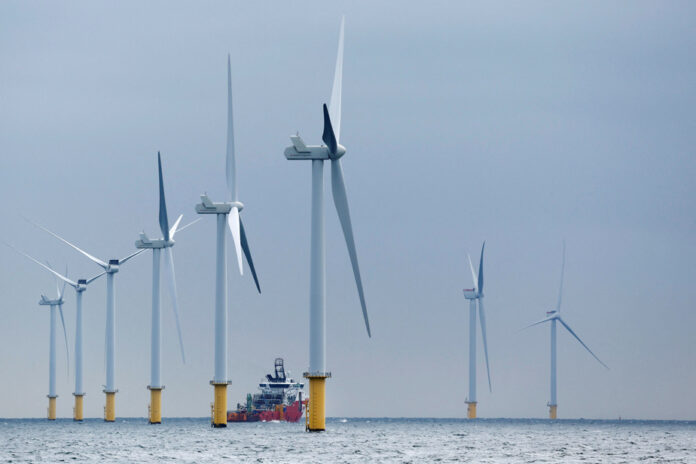In seven years, there will be ten times more electric vehicles and half of the electricity produced in the world will be from renewable sources, predicts the International Energy Agency (IEA), but these advances will not be enough to limit global warming to 1.5°C as required by the Paris Agreement.
In its updated World Energy Outlook for 2030 and released this Tuesday, the IEA persists and signs: demand for fossil fuels, oil, coal and natural gas, will peak by the end of this decade and then begin to decline. decrease inexorably.
The oil industry has another point of view on the issue and has challenged the IEA’s forecasts, notably at the congress which brought together the world’s main oil companies in Calgary last month.
“All credible scenarios predict that oil and gas will remain among the most important energy sources in the world for decades to come,” said Suncor CEO Rich Kruger. Saudi Aramco Chairman Amin Nasser also expressed confidence that demand for oil, gas and even coal will continue to increase.
The IEA, created following the oil crisis of the 1970s, took a turn towards carbon neutrality in 2021 and distanced itself from the interests of producing countries.
IEA Executive Director Fatih Birol reiterates that the transition to clean energy is underway around the world and cannot be stopped.
The most recent edition of the World Energy Outlook highlights the phenomenal growth of solar and wind technologies. The share of renewable energy in global electricity production will increase from 30% currently to 50% in 2030, the IEA predicts. There is currently three times more investment in new offshore wind farms than in gas and coal power plants.
China’s energy demand, which has long driven global demand, will peak before the end of the decade, and thanks to Chinese investments in renewable energy, demand for fossil fuels and polluting emissions is expected to increase. decrease in the country.
The IEA’s forecasts are based on intentions and policies already in force or announced by governments around the world. If all these objectives are achieved on schedule, the energy transition could progress more quickly.
However, as demand for fossil fuels remains high, polluting emissions around the world are pushing the planet’s average temperature upwards and the increase could reach 2.4°C by the end of the century.
Reducing the emissions curve to meet the commitment to limit warming to 1.5°C “remains possible, but very difficult”, believes the IEA.
Additional efforts are needed, particularly to increase renewable energy production and increase energy efficiency, the agency suggests.

